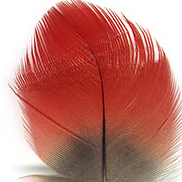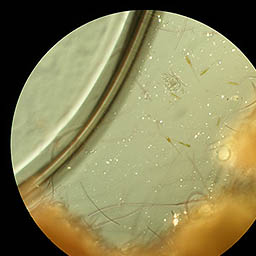
It's like having your own microscope. Pick one of the Zoom Galleries below to explore and then have fun zooming in and moving around each image.

It's like having your own microscope! Visit our Zoom Gallery to explore and have fun zooming in and moving around each image.
Be Part of
Ask A Biologist
By volunteering, or simply sending us feedback on the site. Scientists, teachers, writers, illustrators, and translators are all important to the program. If you are interested in helping with the website we have a Volunteers page to get the process started.












